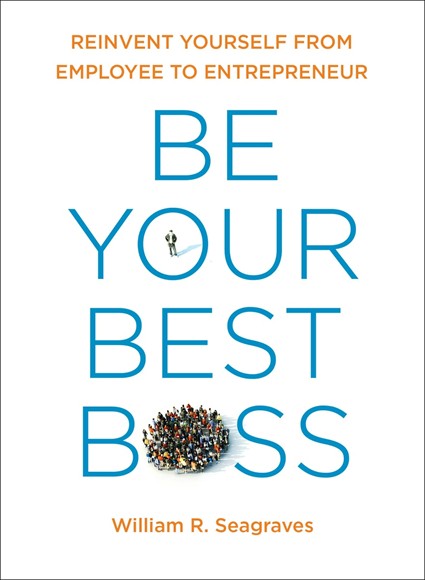4 Failure Points that Can Undermine Your Business – Failure Point 2: Concept Validation Is Not Enough
At the time we launched my second business, Sigma Communications, and its flagship magazine, The National Register of Commercial Real Estate, the biggest issue facing chief financial officers and real estate executives was their surplus real estate. Capital was extremely scarce, and interest rates were extraordinarily high. The nation was awash in unsold and unleased commercial properties. Malls and office buildings sat empty, ushering in the term “see-thru buildings.”
These circumstances made the market ripe for our business idea – a central exchange for commercial real estate. We first tested our concept for The Commercial Property Exchange with a targeted group of real estate executives from Fortune 100 companies. We also made a point to engage insurance company executives because their companies had been the major underwriters of real estate development in the United States. We knew they were anxious to unload their holdings.
Since the Internet was still in its infancy, our business model called for selling classified print ads in the form of commercial real estate listings, traditional display ads, and subscriptions. For the first time, a buyer in San Francisco could easily learn about a building for sale in New York without engaging a broker. Corporations with headquarters in Atlanta could discover properties on the market in Denver without flying to the local market.
Don’t Confuse Concept Validation with Preorders
Virtually all of the real estate executives we interviewed said they could use a central exchange for surplus real estate. One executive was particularly enthusiastic. “We need a vehicle to let buyers know what we have.” With encouragement like that, we were convinced that Sigma was going to become a quick hit because it so clearly filled a need to make the market more efficient.
With validation of our concept, I made the fateful decision to launch the magazine without first testing our business model by securing preorders. With the huge number of commercial properties available, we figured we’d be raking in the advertising dollars very quickly. As it turned out, this assumption was dead wrong. Even a market flooded with surplus property needed time to adjust to a new way of doing business.
In the end analysis, I took a huge gamble on a concept business with an untested business model. As a result, we lost the opportunity to establish a paying customer base and generate an early revenue stream. This oversight cost us precious time and made our path to profitability that much more challenging.
Looking back, I realize that our neglect to prove our business model by lining up preorders for listings prior to launch was Failure Point #2.
About the Author



 The good news is that this phase won’t last long and the lessons you learn from the experience will prove to be extremely beneficial for the rest of your business ownership journey. It’s important to keep in mind that just because you’re in business for yourself, doesn’t mean you have to be by yourself. In fact, it’s quite the opposite. In order to have a positive experience and get optimal results, you need to choose wisely whom you will surround yourself with.
The good news is that this phase won’t last long and the lessons you learn from the experience will prove to be extremely beneficial for the rest of your business ownership journey. It’s important to keep in mind that just because you’re in business for yourself, doesn’t mean you have to be by yourself. In fact, it’s quite the opposite. In order to have a positive experience and get optimal results, you need to choose wisely whom you will surround yourself with.  William (Bill) R. Seagraves, president and founder of CatchFire Funding, is the author of
William (Bill) R. Seagraves, president and founder of CatchFire Funding, is the author of  Brian Greenberg is a multi-faceted entrepreneur who has founded and now spearheads multiple online businesses. He currently co-owns and operates three entrepreneurial companies with his father, Elliott Greenberg, which have each flourished for over 10 years:
Brian Greenberg is a multi-faceted entrepreneur who has founded and now spearheads multiple online businesses. He currently co-owns and operates three entrepreneurial companies with his father, Elliott Greenberg, which have each flourished for over 10 years:  William F. Johnson is an award winning author writing primarily in the field of leadership and personal development. His background includes starting and leading three different business entities and he is currently CEO of a non-profit organization. Bill can be reached at
William F. Johnson is an award winning author writing primarily in the field of leadership and personal development. His background includes starting and leading three different business entities and he is currently CEO of a non-profit organization. Bill can be reached at